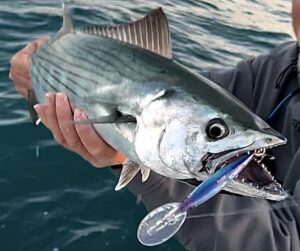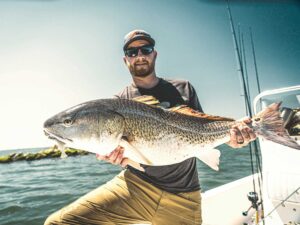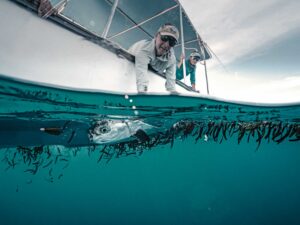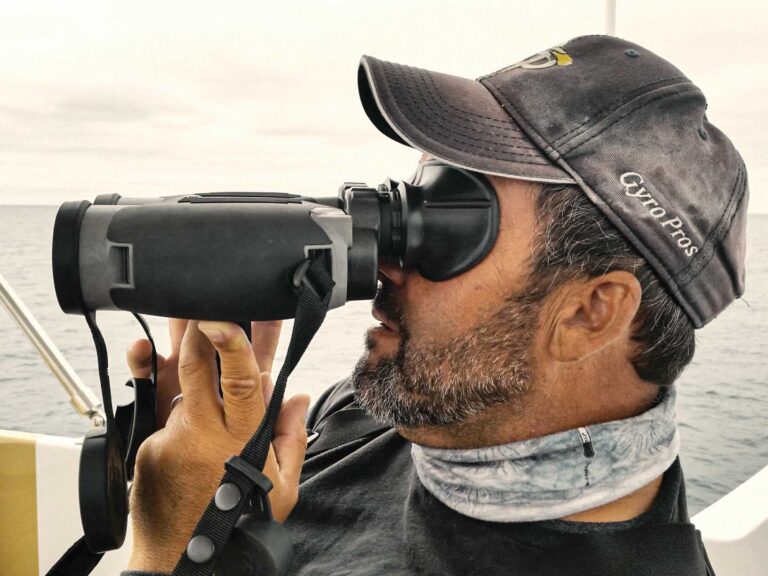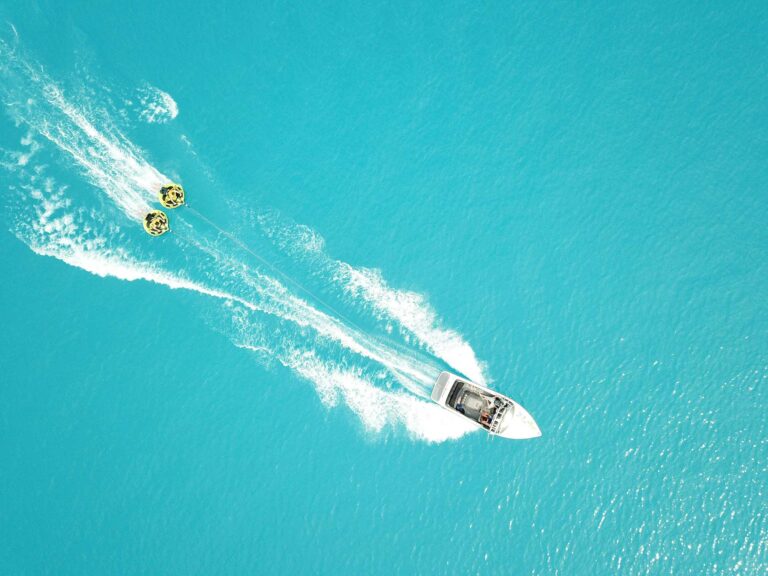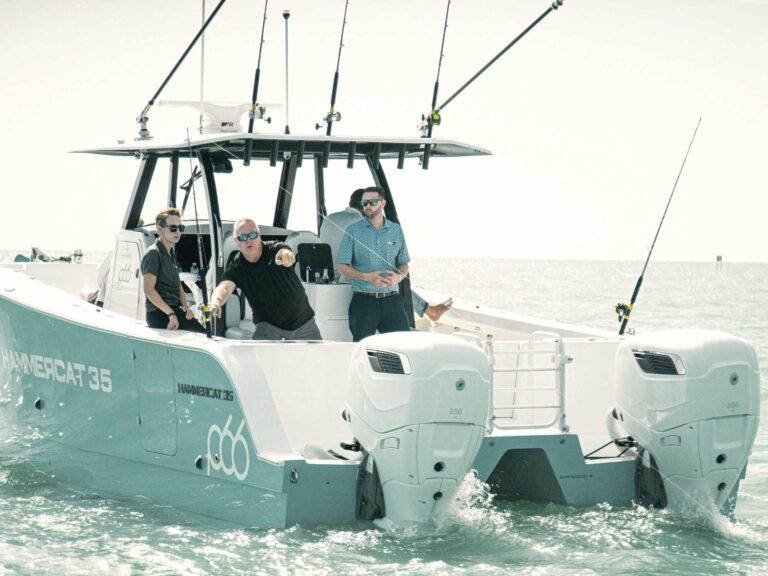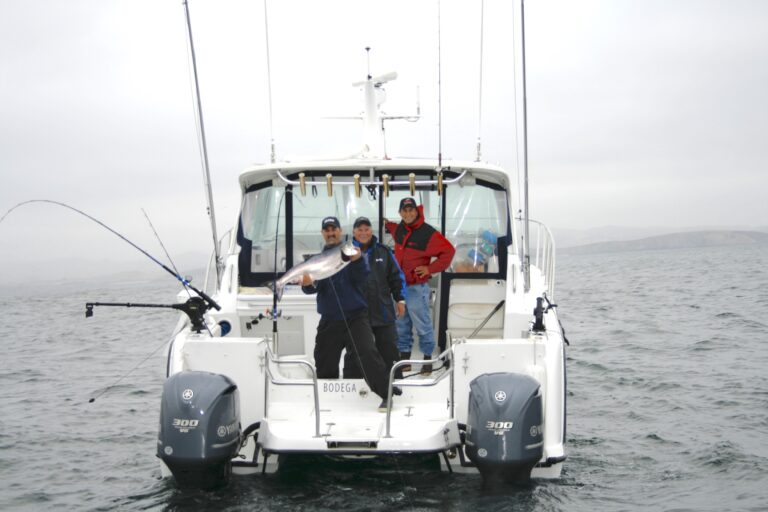Every year on American waterways an average of 700 recreationalboaters die, more than 7,000 people are injured and property damageruns into the hundreds of millions of dollars. These accidents areparticularly tragic because they usually happen to people andfamilies out for pleasure and relaxation. Yet, most could beprevented with a few simple steps by boaters.
To get the message out, the Coast Guard, in partnership with theU.S. Coast Guard Auxiliary, United States Power Squadrons, NationalSafe Boating Council, National Water Safety Congress, and theNational Association of State Boating Law Administrators, isintroducing a new national recreational boating safety outreachprogram called “You’re in Command.”
The campaign asks recreational boat operators and owners to notonly to boat safer by asking them to take new steps to on-wateraccidents.
Recent research sponsored by the United States Coast GuardOffice of Boating Safety confirmed a strong suspicion: Most boatersbelieve they are safe enough already. They equate boating safetywith equipment-like life jackets, fire extinguishers, andradios-and forget that safety is really a matter of their ownbehavior. Meanwhile, congestion on America’s waterways continues togrow.
“You’re in Command” will focus initially on four actions boaterscan take to vastly improve safety on the water.
Get a Vessel Safety Check. This program provides abow-to-stern inspection of a boat’s condition and safety equipment.Experienced members of the U.S. Coast Guard Auxiliary and UnitedStates Power Squadrons perform the checks-and a VSC is the best wayto identify safety issues and violations before they becomeproblems on the water. “You’re in Command” will publicize theprogram, encourage boat owners to seek a VSC once every year, andalso attempt to recruit more Vessel Examiners to perform the VesselSafety Checks.
Take America’s Boating Course. This new electronic courseis sponsored by the Auxiliary and Power Squadrons, and isrecognized by the Coast Guard. It makes boating safety instructioneasily accessible to a vast segment of the population that maynever invest the time to attend traditional safe boating classes.”You’re in Command” will promote boating courses — specificallythe convenience of ABC.
Wear Your Life Jacket. Nothing would reduce boatingfatalities faster than universal life jacket wear. Most boaterscarry life jackets, but few wear them consistently while underway– this despite the fact that most boating fatalities are caused bydrowning. Through “You’re in Command,” the Coast Guard challengesall boaters to wear life jackets while underway, and hopes that thenew styles of compact and inflatable life jackets will make thispractice much more common.
Never Boat Under the Influence of Drugs or Alcohol.Boaters must understand that the effects of alcohol and even someprescription medications are multiplied dangerously by waterbornestressors like wind, sun, vibration, and noise. The Coast Guardrecommends no alcohol on board — and will use the “You’re inCommand” campaign to strive for a significant reduction in theinstance of inebriated boaters on the water.
“You’re in Command” is timely, given the Coast Guard’s dramaticnew role in homeland security. The equation is simple: the morerecreational boaters take responsibility for their own safety, themore time and resource the Coast Guard can devote to protecting ourports and waterways from waterborne threats.
Boaters can go to uscgboating.org for a variety of resources,links, and free information. Help do your part to reduce accidentsand save lives.

